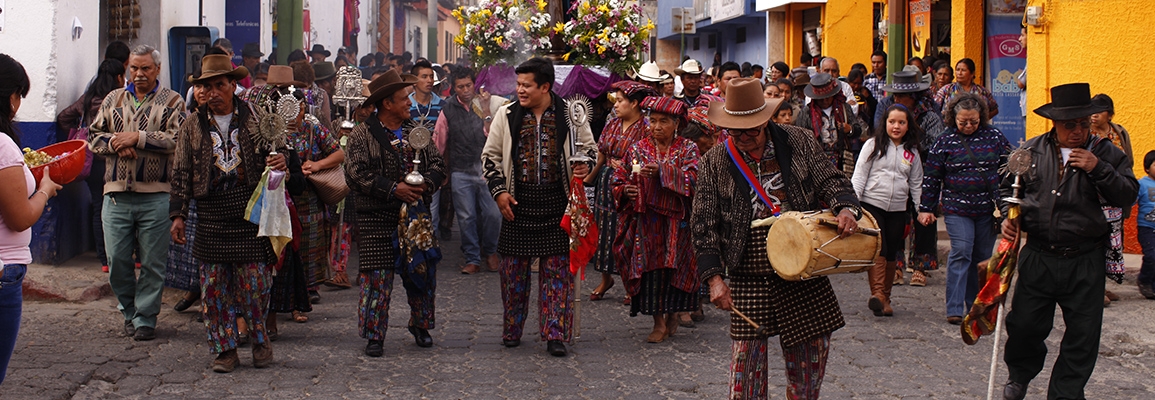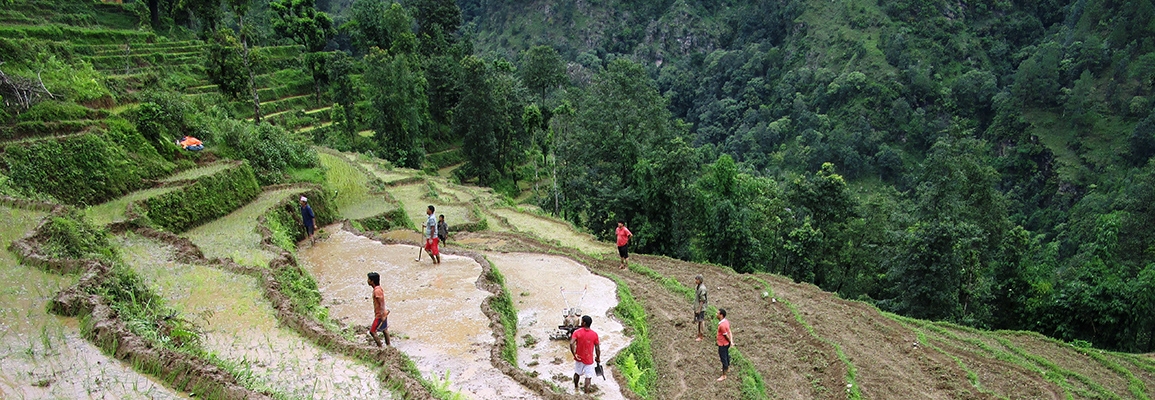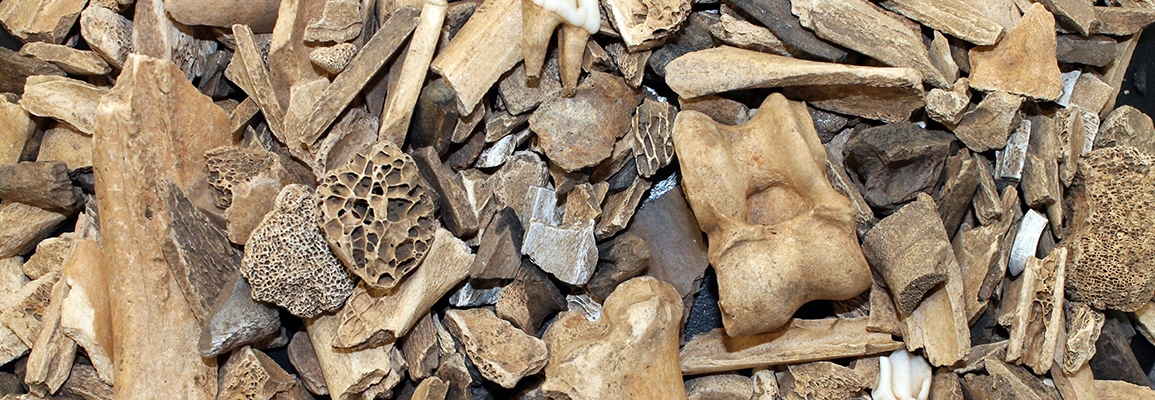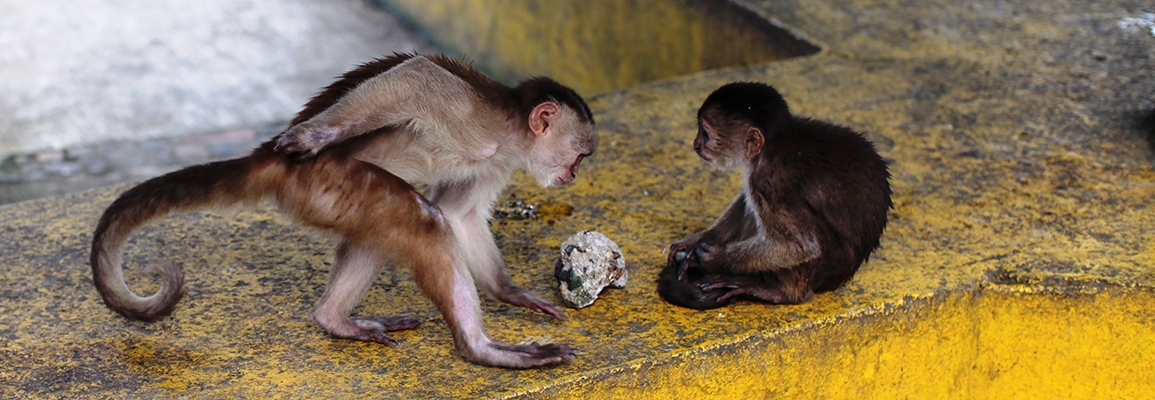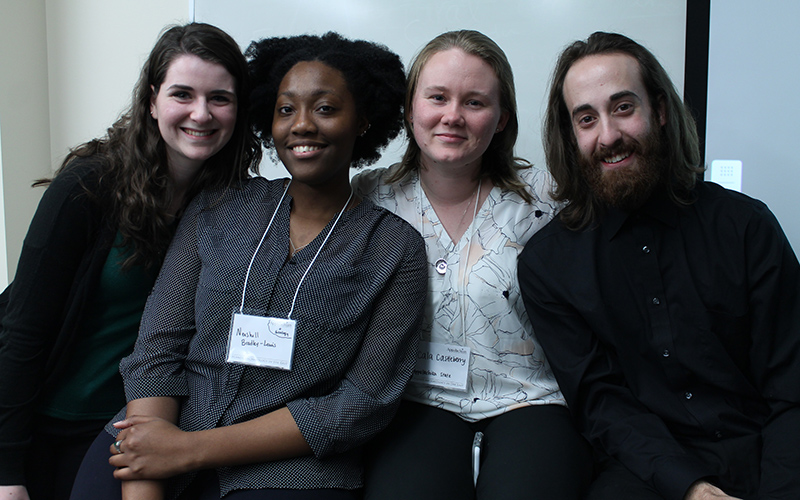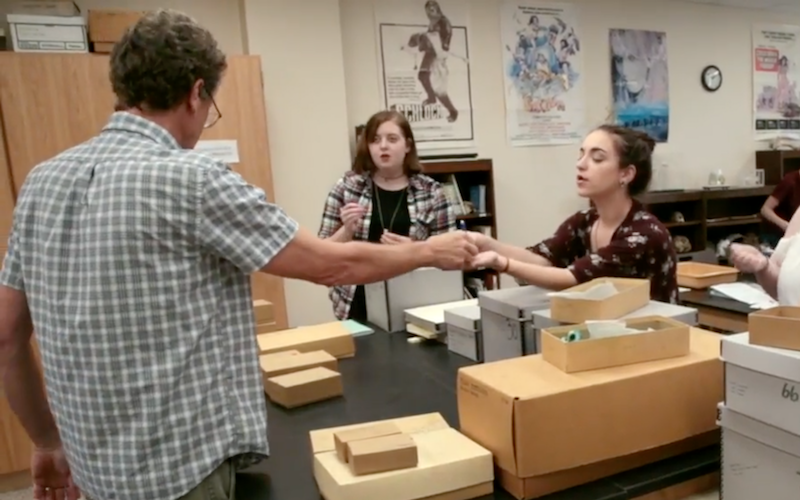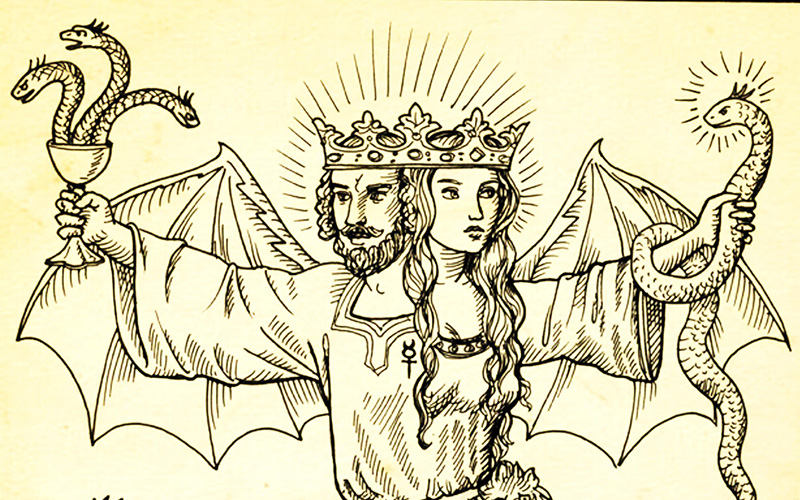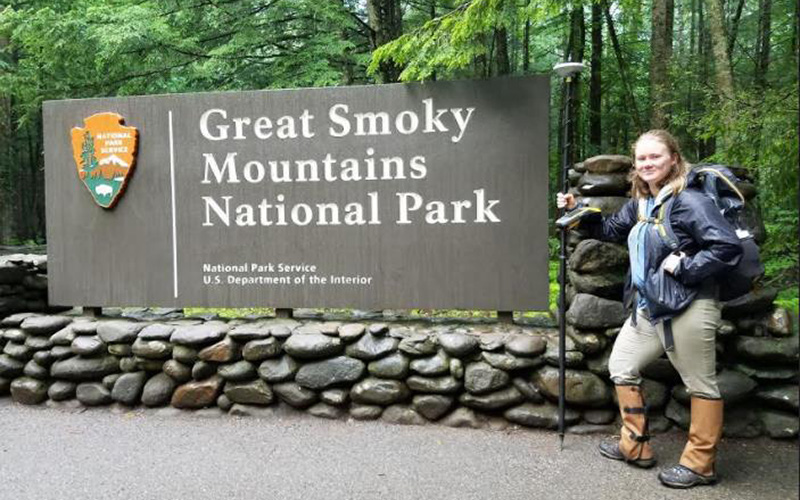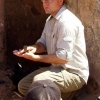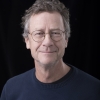As one of the largest undergraduate-only anthropology departments in the United States, we embrace a comparative and holistic approach to studying the human experience. Through the anthropological perspective, we delve into the origins and meaning of physical and cultural diversity in the world, spanning across the past, present, and future.
Our program in anthropology offers a unique opportunity to comprehend global affairs and address societal challenges within the broader context of the human experience. Cultural anthropologists within our department explore the practices, beliefs, and identities of individuals, both within and beyond the United States. Topics such as power, inequality, and social praxis are central to our investigations.
Archaeologists in our program specialize in unraveling the material culture of past societies, reconstructing their traditions and practices. By understanding the past, we gain valuable insights that aid our comprehension of the present. Biological anthropologists, on the other hand, focus on primate evolution, behavioral ecology, human biological variation, biocultural adaptations, bioarchaeology, and human paleontology. Together, we strive to unravel the diverse range of human societies, both past and present.
Why study anthropology? This question lies at the heart of our program. By choosing to study anthropology, you embark on a journey of exploration and understanding, equipping yourself with invaluable skills and knowledge. Through engaging coursework, immersive field experiences, and collaborative research opportunities, you'll develop a profound appreciation for the intricacies of human societies, past and present. Join us as we unravel the tapestry of human diversity and contribute to finding meaningful solutions to real-world problems.
News & Events

Preserving the past in 2025: Archaeology discoveries, cemetery restoration guide historic year in Ashe [faculty featured]
ASHE COUNTY — Progress isn’t always about moving forward; it’s also about preserving the past....
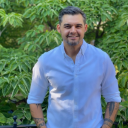
Archaeologists uncover a new purpose behind one of North America’s greatest mysteries [faculty featured]
New evidence suggests Poverty Point’s monumental mounds were created not by a ruling elite, but by egalitarian groups drawn together by shared ritua...

Anna Brown receives staff shout out
BOONE, N.C. — Awarded by the Appalachian State University Staff Senate, Staff Shout Outs recognize staff members for their positive contributio...
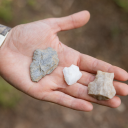
Student archaeologists unearth Native American campsite, artifacts [faculty featured]
An archaeology team at Appalachian State University has discovered an ancient campsite containing 8,000-year-old artifacts, the university announced i...

App State archaeology team discovers ancient campsite at Blackburn Vannoy Estate and Farm in Ashe County
BOONE, N.C. — During an archaeological dig at Appalachian State University’s Blackburn Vannoy Estate and Farm this summer, archaeologist...
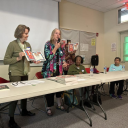
Library celebrates the Junaluska Heritage Association [faculty featured]
BOONE — The annual Friends of the Watauga County Library celebration featured a panel discussion centered on two recently published books about Boon...
Alumni spotlights
-
Dr. David Kilby, Assistant Professor of Anthropology, Eastern New Mexico University
Graduating from Appalachian with a B.A. in Anthropology in 1992, David attended Eastern New Mexico University where he completed a Master’s thesis on the geoarchaeology of Anasazi kivas in 1996. Meanwhile he cultivated an interest in Pleistocene archaeology and completed a Ph.D. in Anthropology from the University of New Mexico in 2008, focusing on Paleoindian archaeology.
Faculty spotlights
-
Dr. Thomas R. Whyte featured in Appalachian Today for toad research
Dr. Tom Whyte likes to dig in the dirt — and solve old mysteries while he’s at it. As a professor in Appalachian’s Department of Anthropology, he leads students in his Experimental Archaeology class to discover answers about precolonial life. [Read full story here]
Student spotlights
-
Anthropology major, Callie Gunzenhauser, writes from Bulgaria
Anthropology major, Callie Gunzenhauser, recently reported back on her experience studying abroad at American University in Bulgaria. Working with the skills that she is learning in anthropology, she is one of many students who are fortunate enough to study abroad as a way of augmenting their college learning and experience. For more information on studying abroad or to learn more about the Department's two study abroad summer field schools in Ecuador and Mexico, please visit the main office at Anne Belk Hall, Room 348 or speak with your advisor.
